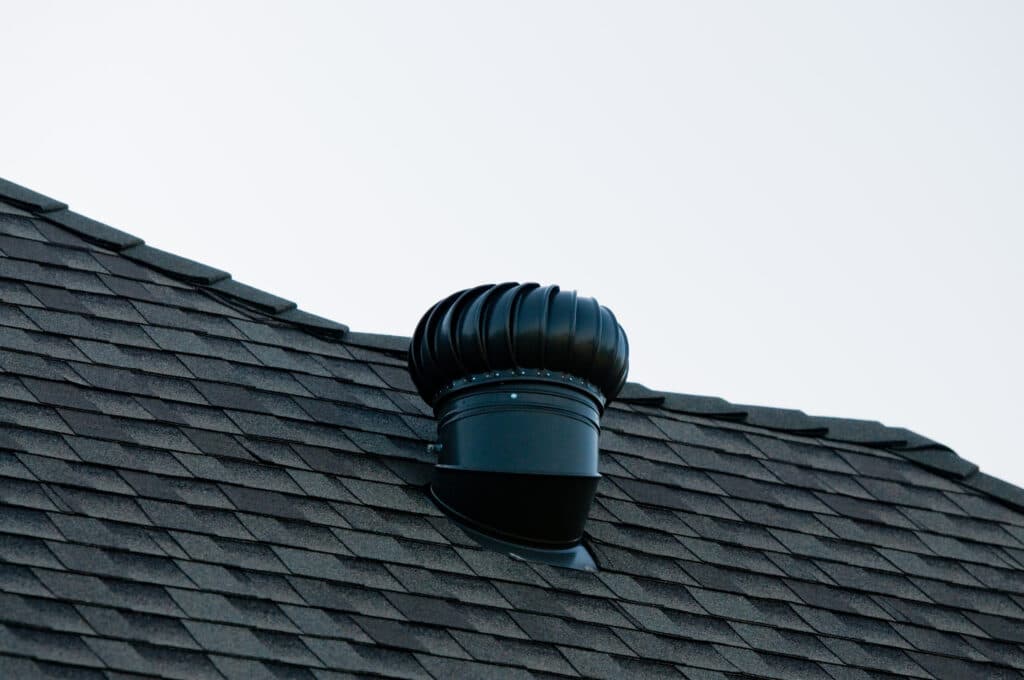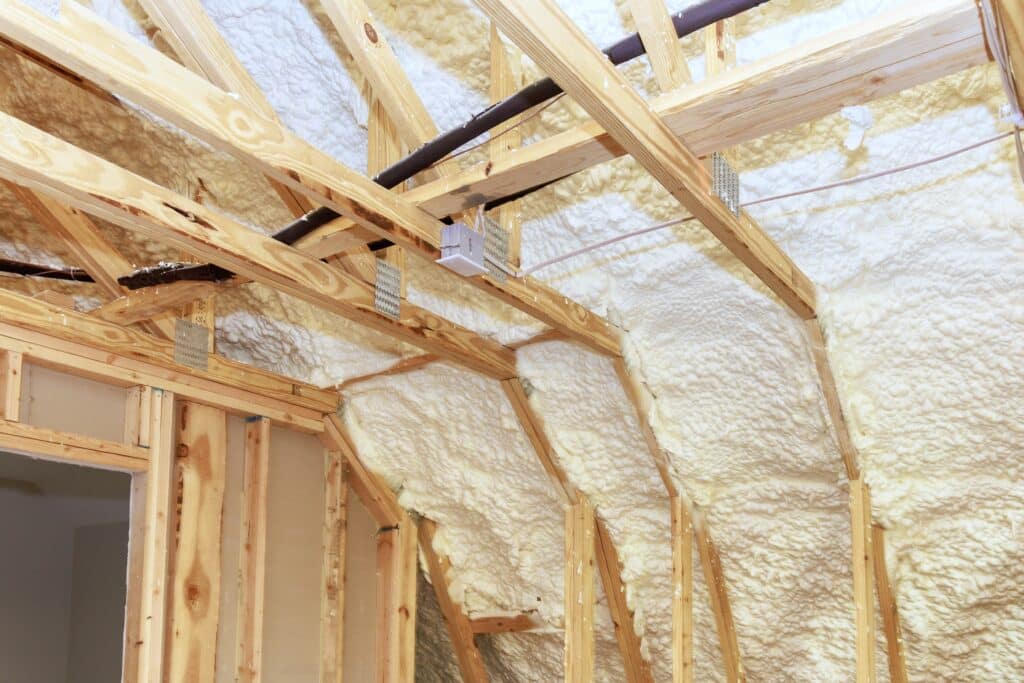Federal Tax Credits Explained for Insulation and Solar Attic Fans in NC
Homeowners in North Carolina have an opportunity to reduce their energy costs and improve home comfort through federal tax credits. The Inflation Reduction Act provides financial incentives for energy-efficient upgrades such as insulation and solar attic fans. These incentives can cover up to 30% of eligible services, making home improvements more affordable while offering long-term savings on energy bills. For trusted guidance and installation services, many homeowners turn to Triangle Radiant Barrier, a North Carolina-based company specializing in energy-efficient home solutions. Understanding Federal Tax Credits for Insulation What Are Federal Tax Credits? Federal tax credits are dollar-for-dollar reductions in the taxes you owe to the federal government. Unlike deductions, which reduce taxable income, tax credits reduce your tax liability directly. Home energy efficiency credits are designed to encourage homeowners to invest in energy-saving upgrades that lower utility bills and reduce environmental impact. Eligible Services for Insulation The federal program covers several insulation upgrades, including: Attic insulation Wall insulation Floor insulation Rim joist insulation Upgrades must meet energy-efficiency standards to qualify for tax credits. Homeowners should retain receipts and certification statements from contractors to claim the credit accurately. How Solar Attic Fans Qualify for Federal Tax Credits Benefits of Solar Attic Fans Solar attic fans are a cost-effective solution for improving ventilation and reducing attic temperatures. By lowering attic heat, they reduce cooling costs and prolong the life of your roof and HVAC systems. Homeowners in Raleigh and other parts of NC can learn more about installation services at Solar Attic Fan Installation in Raleigh, NC. Eligibility for Tax Credits Under the Inflation Reduction Act, solar attic fans may qualify for a 30% credit if they meet efficiency requirements and are professionally installed. This incentive applies to both the purchase and installation costs. For many homeowners, this significantly lowers upfront investment and increases the return on energy savings over time. How the Inflation Reduction Act Supports Energy Upgrades The Inflation Reduction Act includes a suite of provisions aimed at promoting energy efficiency and renewable energy adoption across the United States. Key highlights relevant to homeowners in NC include: Up to 30% tax credit for eligible energy-efficient upgrades Credits apply to insulation, roofing, windows, and solar devices Encourages investments in renewable energy solutions such as solar attic fans Designed to provide long-term savings by reducing monthly energy costs For a detailed analysis of whether solar attic fans are worth the investment, visit Are Solar Attic Fans Worth It in Raleigh, NC?. Calculating Your Federal Tax Credit Step 1: Determine Eligible Costs To calculate the federal tax credit, add the costs of eligible services and materials. Include professional installation fees and purchase prices. Step 2: Apply the Credit Percentage The 30% credit applies to the total of eligible costs. For example, if your insulation and solar attic fan upgrade costs $5,000, a 30% tax credit could reduce your federal tax liability by $1,500. Step 3: File the Tax Credit Homeowners must submit IRS Form 5695 with their annual tax return to claim the credit. Keep all receipts and manufacturer certification forms to ensure compliance with federal requirements. Long-Term Savings from Energy-Efficient Upgrades Investing in insulation and solar attic fans is not only about upfront tax benefits—it also provides long-term savings: Reduced energy bills due to improved attic insulation Lower cooling costs in the summer Extended lifespan of HVAC systems and roofing materials Increased home comfort and indoor temperature stability By combining federal tax credits with ongoing energy savings, homeowners can see a substantial return on investment over the life of their upgrades. Choosing the Right Insulation and Solar Attic Fan Provider When pursuing tax credits, it’s essential to work with certified contractors who provide high-quality installation. Key factors to consider include: Experience in energy-efficient home upgrades Knowledge of federal tax credit requirements Customer reviews and satisfaction For verified testimonials and experiences, homeowners can visit Triangle Radiant Barrier Reviews. Professional Installation Ensures Maximum Benefits Professional installation is crucial for: Meeting IRS requirements for tax credits Ensuring insulation is correctly applied for maximum thermal efficiency Proper placement and installation of solar attic fans for optimal airflow Working with experienced providers in North Carolina ensures that your eligible services meet federal standards, securing your full 30% credit. Combining Insulation and Solar Attic Fans for Maximum Efficiency Installing both insulation and solar attic fans provides complementary benefits: Insulation reduces heat transfer through walls and ceilings Solar attic fans remove hot air from the attic Combined upgrades improve energy efficiency and indoor comfort Both are eligible for federal tax credits, amplifying financial incentives Homeowners interested in combining these upgrades can schedule a consultation through Triangle Radiant Barrier Contact. Steps to Claim Your Federal Tax Credit Verify Eligibility: Confirm that the products and installation meet IRS and federal efficiency standards. Hire a Certified Contractor: Work with providers experienced in insulation and solar attic fan installation. Collect Documentation: Keep invoices, receipts, and manufacturer certification forms. Complete IRS Form 5695: Attach supporting documents to your annual tax return. Claim Your 30% Credit: Apply the credit against your federal tax liability. By following these steps, homeowners in North Carolina can maximize savings while improving home energy efficiency. Additional Considerations Seasonal Timing Installing upgrades in the spring or summer may optimize energy savings during peak cooling months. Local Regulations While federal tax credits apply nationwide, North Carolina may offer additional incentives for energy efficiency. Homeowners should check local programs to maximize savings. Maintenance Regular maintenance of insulation and solar attic fans ensures continued efficiency and sustained long-term savings. Conclusion: Maximize Your Savings in NC The federal tax credits under the Inflation Reduction Act provide a significant opportunity for North Carolina homeowners to invest in energy-efficient upgrades. By installing insulation and solar attic fans, you can: Reduce upfront costs with a 30% credit Benefit from ongoing energy savings Improve home comfort and indoor temperature control Meet federal eligibility requirements for energy-efficient home improvements Working with a reputable provider like Triangle Radiant Barrier ensures high-quality installation, eligibility for tax credits, and long-term performance of


